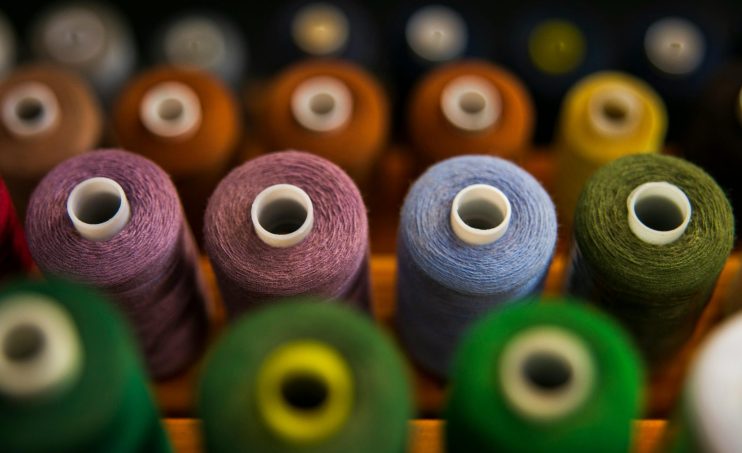Coats Group blames ‘widespread destocking’ for flat earnings but benefits from pension scheme changes

Threads business Coats Group posted a flat set of earnings for 2023 and blamed a “widespread industry destocking” for the tepid performance.
Revenue at the British multinational was down nine per cent year-on-year to $1.4bn (£1.1bn), and earnings before interest and tax remained unchanged at $233m (£182m).
The company reported a modest decline in net debt to $384m (£302m).
Coats proposed a final dividend of 1.99 cents (1.5p) up 15 per cent, resulting in a full-year dividend of 2.80 cents (2.2p), also up 15 per cent.
The company said it would benefit from a £2m per month cash saving as an “off trigger” had been activated for its UK pension scheme. It said it was working towards a “full pension scheme de-rising in the medium term.”
Retailers and the wider clothing industry have reduced their inventory over the past year after ramping up inventory levels during the pandemic and online shopping boom.
Looking ahead, the group said it expected to make good progress in 2024 “underpinned by modest revenue growth.”
Rajiv Sharma, group chief executive, said: “There is much to be confident about in Coats’ trading performance in the year.
“Against the backdrop of widespread industry destocking, we gained market share, grew our margin and our adjusted free cash flow. We have also seen that the consumer in general has remained resilient in these challenging markets, albeit with variation by territory.
He added: “Encouragingly, as the year progressed sales trends improved, in part due to the timing of the commencement of the current destocking cycle last year. Second half organic revenue was 10 per cent lower compared to a 19 per cent decline in the first half.
“This improving H2 trend was driven by Apparel, where there is evidence that customer inventory levels are normalising. Within this result, we remain the clear global market leader in 100 per cent recycled thread, reflected in increased revenue of 44 per cent at constant currency, despite lower volumes across the industry.”